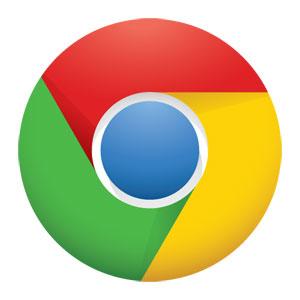The company must also settle some internal feuds. Some of the principles that Fuchsia creators are pursuing have already run up against Google’s business model. Google’s ads business relies on an ability to target users based on their location and activity, and Fuchsia’s nascent privacy features would, if implemented, hamstring this important business. There’s already been at least one clash between advertising and engineering over security and privacy features of the fledgling operating system, according to a person familiar with the matter. The ad team prevailed, this person said.Fuchsia does protect Google from outside forces, though. Its ongoing legal squabble with Oracle over use of Java APIs affects Android to its core. Fuchsia operates on the Google-made Zircon kernel, formerly known as ‘Magenta.’ It’s scalable (Google calls it a ‘microkernel’), and houses services for booting devices and loading processes. Google’s documentation notes: “Fuchsia builds a much larger OS on top of this foundation.” As its team notes, Zircon will have roughly 100 system calls once API/ABI stability is established. It’s also non-blocking. Fuchsia also has a user interface (UI), thanks to Flutter. Currently, Flutter is positioned as a cross-platform user interface development kit for Android and iOS, keeping separate libraries of UI elements (such as buttons) for both platforms. It’s easy to see how a boilerplate UI platform with proprietary buttons and elements for various platforms is an attractive offering for an alleged all-encompassing operating system. There are also developers to consider. Fuchsia famously supports Swift, and its Git repos mention Python Mako (Go is also supported). Neither Java or Kotlin are mentioned. If we’re being speculative, based on these earliest days of Fuchsia, Go and Swift seem to have the most support right now, likely because both – like Fuchsia – are lightweight and can scale. A move to Fuchsia may also pad Google’s legal woes overseas. The EU just fined the company $5 billion relating to Android anti-trust. In its retort to the ruling, Google CEO Sundar Pichai carefully tested the "What if Android weren’t free and open?" waters. If this is the company’s stance internally, Fuchsia may become its future.
Google Preparing Fuchsia to Replace Android, Chrome: Report
A new report from Bloomberg asserts Fuchsia, Google’s much-rumored operating system, is indeed meant as a replacement for Android. Though one source shades Fuchsia as a “senior engineer retention project,” others claim it’s Google’s silver-bullet solution for managing its entire lineup of devices. It’s built to run on everything from temperature sensors to laptops. The team wants Fuchsia to run on connected speakers (such as Google Home) within three years, with a full-on Android replacement occurring in five years. Android and Chrome boss Hiroshi Lockheimer hasn’t approved this roadmap, sources claim. Google CEO Sundar Pichai is backing Lockheimer’s prudence, but has blessed the project internally, sources say. Fuchsia may also be meant to fix many of Android’s issues. As Bloomberg writes, it uses encrypted user keys for privacy. Sadly, such deep privacy measures may not make it to the consumer-facing build of Fuchsia, and may not truly distinguish it from Android. From Bloomberg (emphasis ours):


